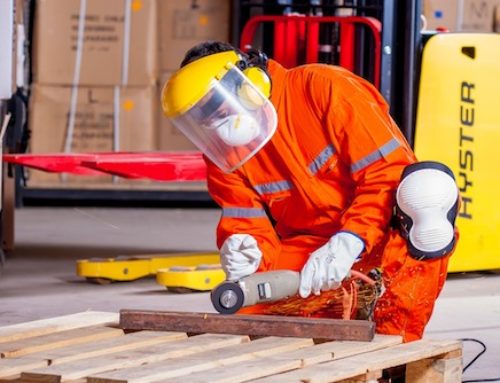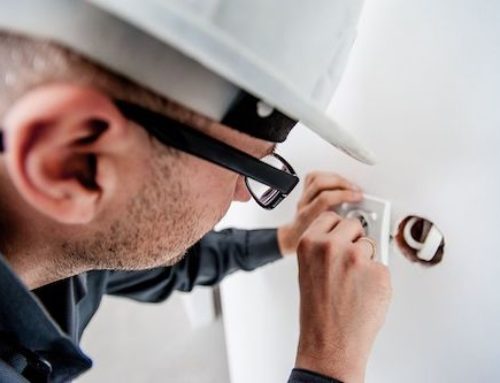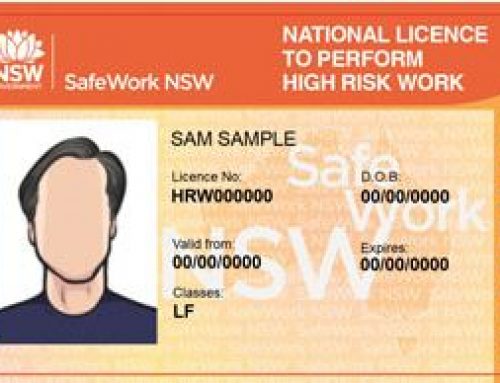You can have the best WHS management system in the world. You can have an incident investigation system that drills down to the root cause and takes the corrective actions required to prevent it happening again. You can have an executive management team that takes work, health and safety very seriously. You can have the best in-house training in the country. BUT, if your contractors don’t effectively manage the safety of their workers it could all be for nothing. One high profile injury or death on your work site, even if caused by your contractor, could damage your reputation and your workplace culture.
In any relationship with a contractor there is plenty of room for misunderstandings about who is responsible for what. When it comes to safety, the outsourcing organisation may see it as incumbent on the contractor to address work health and safety systems, training, implementation and enforcement. Whilst the contractor may feel that, because the outsourcing organisation controls the physical environment in which the workers do their jobs, they “own” safety.
As long as there is confusion around exactly who is responsible for safety, and to what extent, there will be significant risk. It’s ironic because one of the reasons why organisations outsource is to reduce business risk by transferring it to contractors.
Responsibilities of Outsourcing Organisations
Under the Work Health Safety Act 2011, a Person Conducting a Business or Undertaking (PCBU) is primarily responsible for ensuring that the contractors’ employees are not exposed to health and safety risks at their place of work. Contractors are considered “workers” of the PCBU.
A PCBU must ensure, so far as is reasonably practicable, the health and safety of:
workers engaged, or caused to be engaged by the person, and workers whose activities in carrying out work are influenced or directed by the person, while the workers are at work in the business or undertaking (WHS Act 2011., Part 2, Division 2, Section 19).
With regard to workers, including contractors, PCBUs must ensure, so far as is reasonably practicable (from WorkCover NSW):
- safe systems of work
- a safe work environment
- accommodation for workers, if provided, is appropriate
- safe use of plant, structures and substances
- facilities for the welfare of workers are adequate
- notification and recording of workplace incidents
- adequate information, training, instruction and supervision is given
- compliance with the requirements under the work health and safety regulation
- effective systems are in place for monitoring the health of workers and workplace conditions.
Responsibilities of Contractors
A contractor is a PCBU to his or her own workers, and thus their responsibilities to their own workers is the same as those described above.
Responsibilities of Workers
Workers are responsible for taking reasonable care for their own health and safety and for complying with any reasonable instruction, policy or procedure concerning workplace health and safety. They also need to take reasonable care that their own acts, or failures to act, do not have a negative impact on the health and safety of others at the workplace.
Overlapping Responsibilities
With all these overlapping responsibilities there is plenty of room for confusion. Shared duties normally arise in relation to the principal contractual relationships that exist on construction sites.
Under the harmonised WHS Act, two or more parties can be independently liable for the same incident or workplace. Where this is the case they must consult, cooperate and coordinate with each other and their workers, so far as is reasonably practicable, and allocate responsibilities accordingly (WHS Act 2011, Part 5, Division 1, Section 46). For example, if one PCBU has management or control of a workplace, in whole or in part, that PCBU must so far as is reasonably practicable, ensure that entering and exiting the workplace and anything arising from that workplace are without risk to health and safety of any person.
This issue is complicated, but when worker’s lives are at stake no one can shirk their duties simply because they are hard.
If you’d like some guidance or need a sounding board please email me at liz.cole@groweq.com.au. Alternatively, visit my website where you’ll find my Top 5 Essential Tips and free procedures.





